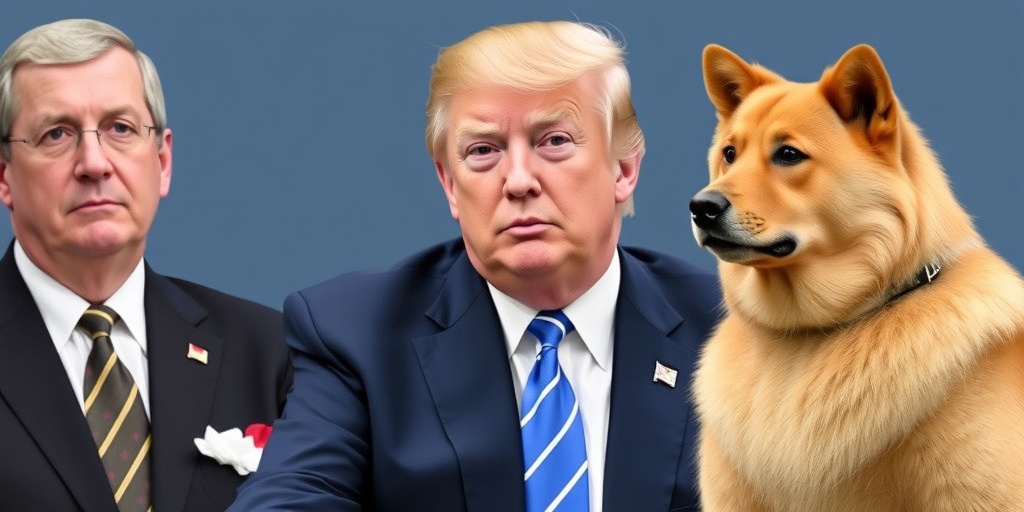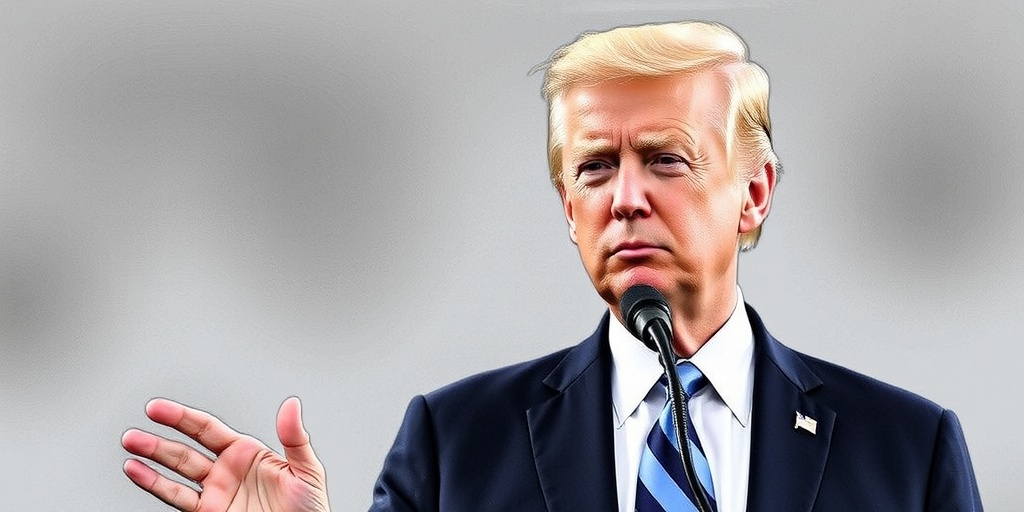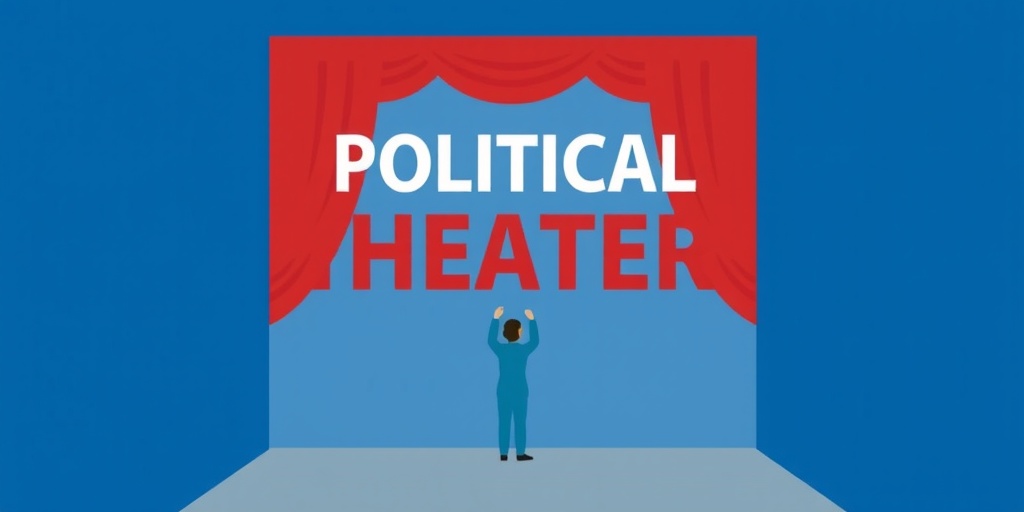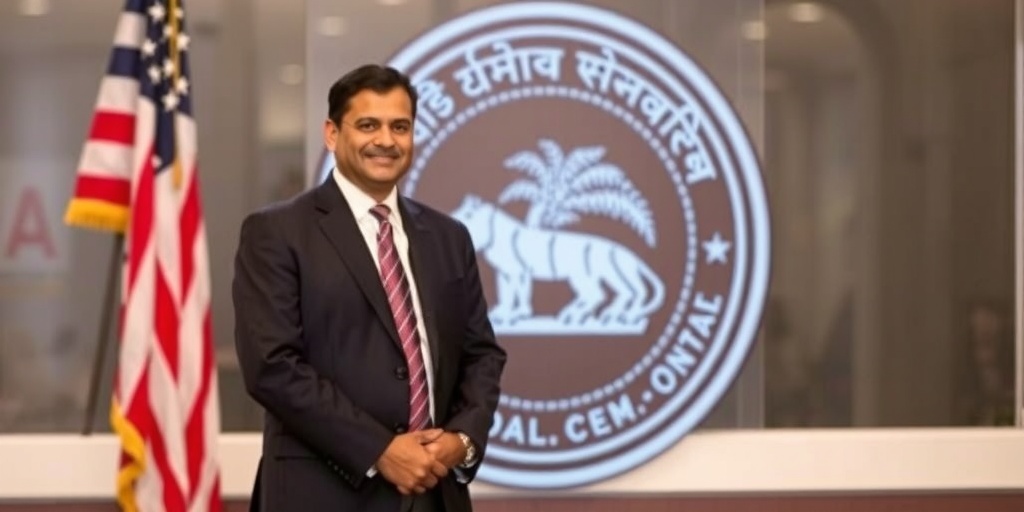Now Reading: Judge Orders Trump Officials, Including DOGE Member, to Testify
-
01
Judge Orders Trump Officials, Including DOGE Member, to Testify
Judge Orders Trump Officials, Including DOGE Member, to Testify

In a significant ruling on Thursday, a federal judge in Washington, D.C., ordered that officials from the Trump administration, who are part of Elon Musk’s ambitious initiative to reform the federal government, must provide testimony in ongoing court cases concerning these actions. This decision, made by Judge John D. Bates, marks a pivotal moment as it appears to be the first instance where a member of the Department of Government Efficiency—often referred to by its acronym DOGE—has been mandated to testify in cases linked to their activities.
DOGE was established under President Trump, with the aim of streamlining government operations by reducing bureaucratic overhead and closely examining the expenditures of federal agencies. Under Musk’s supervision, this task force gained significant access to various government computer systems and databases. Unfortunately, many of these systems contain sensitive information pertaining not only to federal employees but also to American taxpayers, thus raising serious concerns around privacy and data security.
Labor unions and nonprofit organizations have actively opposed the actions of Musk’s team in federal court, arguing that their unrestricted access to government databases is a violation of federal law. The current litigation, which prompted Judge Bates’s recent ruling, involves unions representing federal employees, such as the American Federation of Government Employees. These groups are striving to restrict DOGE’s access to databases containing personal information of American citizens held within the Departments of Labor, Health and Human Services, and the Consumer Financial Protection Bureau.
In a prior ruling earlier this month, Judge Bates—who was appointed to the Federal District Court in Washington, D.C., by President George W. Bush—expressed serious apprehensions regarding the privacy implications at stake. While he did not immediately impose restrictions on Musk’s team accessing the requested records, he alluded to the significant privacy concerns that arose during the case.
In the order issued on Thursday, Judge Bates articulated that the deposition of DOGE officials and the production of documents were essential for ascertaining the specific actions taken by the agency that are under legal scrutiny. He concluded that this discovery process would not create an undue burden on the defendants involved. The plaintiffs in this case had requested to depose one official each from the Departments of Labor, Health and Human Services, and the Consumer Financial Protection Bureau, as well as one official from the DOGE task force. Judge Bates approved this request but limited the total deposition time to eight hours to ensure the process remained efficient.
The judge further highlighted that the plaintiffs’ request for documents primarily sought to obtain identities of individuals, dates, names of systems, and other pertinent documents that had already been referenced in the declarations put forth by the defendants. Judge Bates remarked on the peculiar nature of allowing the defendants to present evidence addressing significant factual questions while simultaneously denying the plaintiffs the chance to explore these issues through limited discovery.
On a separate note, Elon Musk, who has often utilized his platform for vocalizing his criticisms of government officials impeding his team’s efforts, targeted Judge Bates earlier this month. He referred to the judge on social media as “an evil judge” and suggested that the solution would be for him to be removed from the bench.
This ruling is notable not only due to the involvement of high-profile figures such as Musk but also because of the broader implications it holds for government accountability and the oversight of federal initiatives. The upcoming testimonies could shed light on the inner workings of DOGE and the intentions behind its controversial actions, which have stirred a considerable amount of debate surrounding the balance between efficiency and the protection of individual privacy rights.
As this case unfolds, it may catalyze further scrutiny of the measures undertaken by special task forces in the government and potentially reshape the landscape of how federal agencies operate amidst calls for increased efficiency and reduction of waste. The legal battles surrounding DOGE reflect a growing concern among the general populace and advocacy groups about the potential risks posed by unregulated access to personal information and the importance of maintaining checks and balances within federal operations. The outcome of these court proceedings may set precedents that could influence the parameters of governmental reform efforts in the future.
Stay Informed With the Latest & Most Important News
Previous Post
Next Post
-
 01New technology breakthrough has everyone talking right now
01New technology breakthrough has everyone talking right now -
 02Unbelievable life hack everyone needs to try today
02Unbelievable life hack everyone needs to try today -
 03Fascinating discovery found buried deep beneath the ocean
03Fascinating discovery found buried deep beneath the ocean -
 04Man invents genius device that solves everyday problems
04Man invents genius device that solves everyday problems -
 05Shocking discovery that changes what we know forever
05Shocking discovery that changes what we know forever -
 06Internet goes wild over celebrity’s unexpected fashion choice
06Internet goes wild over celebrity’s unexpected fashion choice -
 07Rare animal sighting stuns scientists and wildlife lovers
07Rare animal sighting stuns scientists and wildlife lovers





















